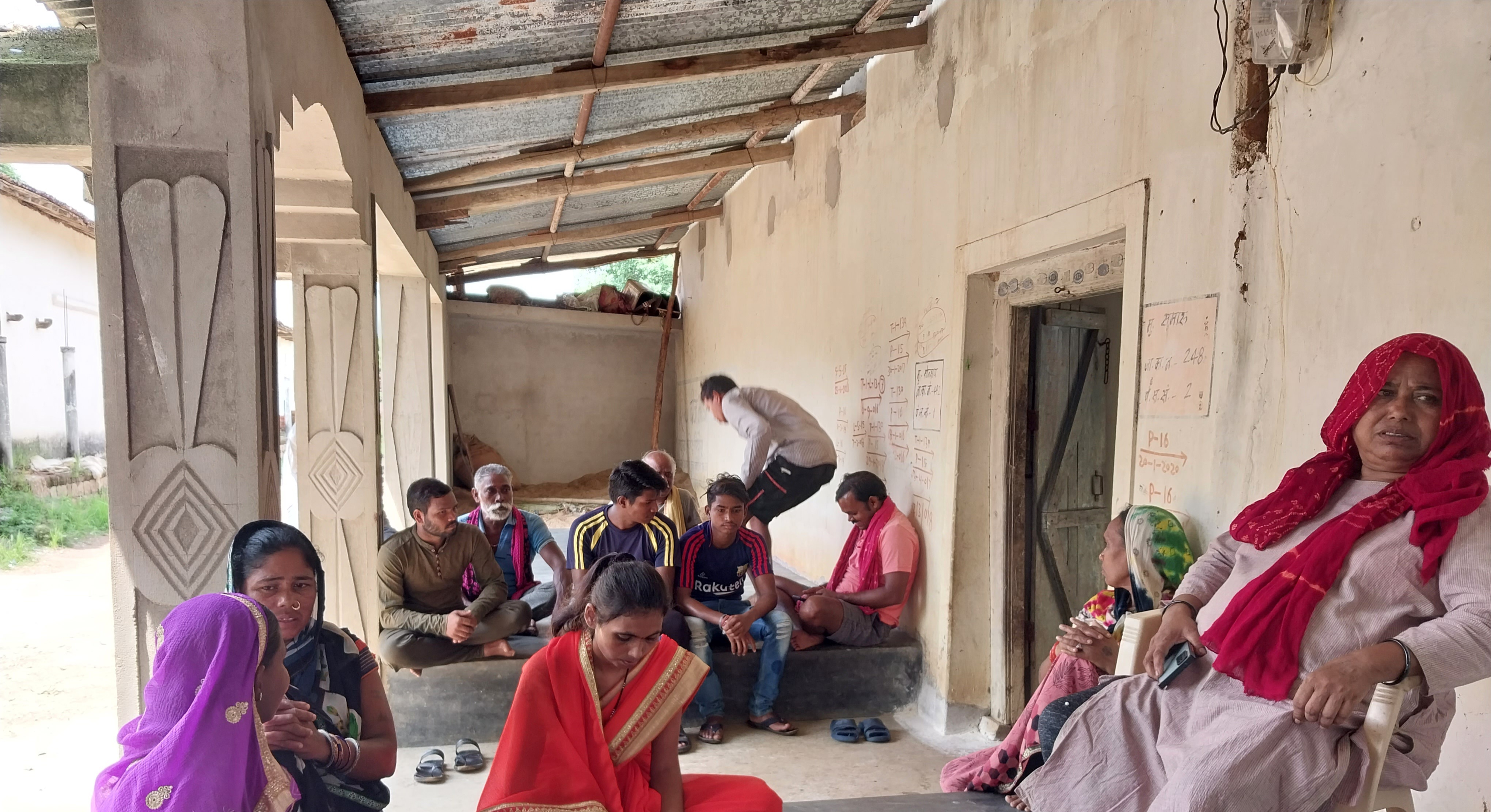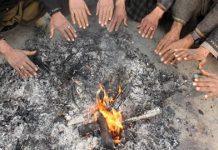
The claims first placed in 2021 and then twice this year have not been recognised till now due to land dispute, writes Deepanwita Gita Niyogi
In her late 20s, Manjulata Miri leads a self-help group which is involved in livelihood generation of rural women in Pilwapali, a village in Mahasamund district of Chhattisgarh, central India.
Along with this, Miri, who has studied till Class 10, has another responsibility. She is fighting on behalf of 54 women in her village who have applied for individual rights under the Forest Rights Act (FRA), 2006. The claims first placed in 2021 and then twice this year have not been recognised till now due to land dispute. In this regard, a court case is on in the High Court of Chhattisgarh, Bilaspur.
Pilwapali residents informed that the dispute dates back to 2012-13 when about 376 acres of forest land was sold to Jindal Steel and Power Limited through the land mafia in Pithora block of the district where the village is located. According to them, at that time the forest department did not intervene. But as it is a disputed land, it prevented people from carrying out farming. Miri said cultivation has been going on since 1980s. The writ petition mentions that the land in question was in fact a forest land and now revenue records show it to be an agricultural land.
“The forest department is against us as the company bought lands belonging to farmers. But people in the village were kept in the dark and came to know about it a year later. A barbed wire boundary was put up to prevent us but we carried out farming despite opposition,” said resident Hiralal Yadav.
Awaiting recognition of FRA claims
In India, the Forest Rights Act allows indigenous communities, known as tribals or Adivasis, rights over forest resources. However, in many places, several issues are coming to light like the rejection of FRA claims, low awareness among communities and the non-inclusion of women.
Activist Rajim Ketwas, who works with social organisation Dalit Adivasi Manch, is trying to address the gender gap in FRA by trying to get pattas or land titles in women’s names. “Land titles in women’s names can reduce instances of domestic violence. A majority of women in India work in agricultural lands and collect minor forest produce. But they do not get any respect due to the lack of land ownership.” She said women are not called to meetings or even allowed to take major decisions.
In Pilwapali village where both tribal and non-tribals reside, the forest lies within a kilometre. It is frequented by women for the collection of tendu leaves used in making bidis and other minor forest produce.
“Traders pay low rates for the leaves. But as tendu is profitable, the women want to open a mandi (market) and sell the leaves directly. But the court case has put a spanner in the plan. The forest department refuses to listen to us and has raised an objection,” said Miri
In Chhattisgarh, a densely forested state, 4,54,415 individual forest rights (IFR) titles have been distributed covering 3,70,275. 412 hectares of land. But in many villages of Chhattisgarh, women still lack knowledge and awareness about FRA. They are also underrepresented in forest rights committees.
In Baloda Bazaar district adjoining Mahasamund where Ketwas is based, the prevailing gender gap has been addressed to an extent in Maharaji village. Resident Kaushalya Chauhan said women were informed in detail about FRA. Claims placed in 2014 were recognised three years later. In the village, widow Gayatri Paikra has received 10 acres under IFR. Today, she is benefitting from Kisan Credit Card, which ensures timely access to credit, besides getting Rs40,000 loan for farming.
An ongoing dispute
As women of Pilwapali await a better future, a source from the forest department based in Pithora said van bhoomi or forest land was shown as revenue land in records and sold off which caused the dispute to arise. An estimate for carrying out plantation drive was also given.
At a time when many claims under FRA get rejected, the case of Pilwapali raises concern. The source, requesting anonymity, pointed out that in Pithora block of Mahasamund, land sharks are active.

Remarking on the situation, Ketwas said sometimes it is not known if a certain piece of land belongs to the forest department or the revenue department.
As women await the recognition of their rights, Miri described how some men used to torture their wives and denied them freedom. “Women weren’t allowed to step outside at one time. Land titles under FRA will ensure they get respect at home. Land work is mostly carried out by women but they are viewed as inferior by men. But women in the village won’t give up. They are now aware and want their claims to be recognised.”
Under Miri’s guidance, Sukhwati Kandoi has filed for claim on three acres of land. She is a farmer and cultivates turmeric, pulses and paddy. Kandoi said women were a deprived lot but saw hope when they came to know about FRA. “It made us happy. Women view FRA as an end to their struggle.”
As Miri remains hopeful, she gives credit to Ketwas who showed women the way by telling them to include their names first, along with men, as joint claimants. “If women get rights, men won’t find it easy to abandon their wives,” Miri said.
(The story has been covered with the International Women’s Media Foundation’s Howard G Buffet grant.)











